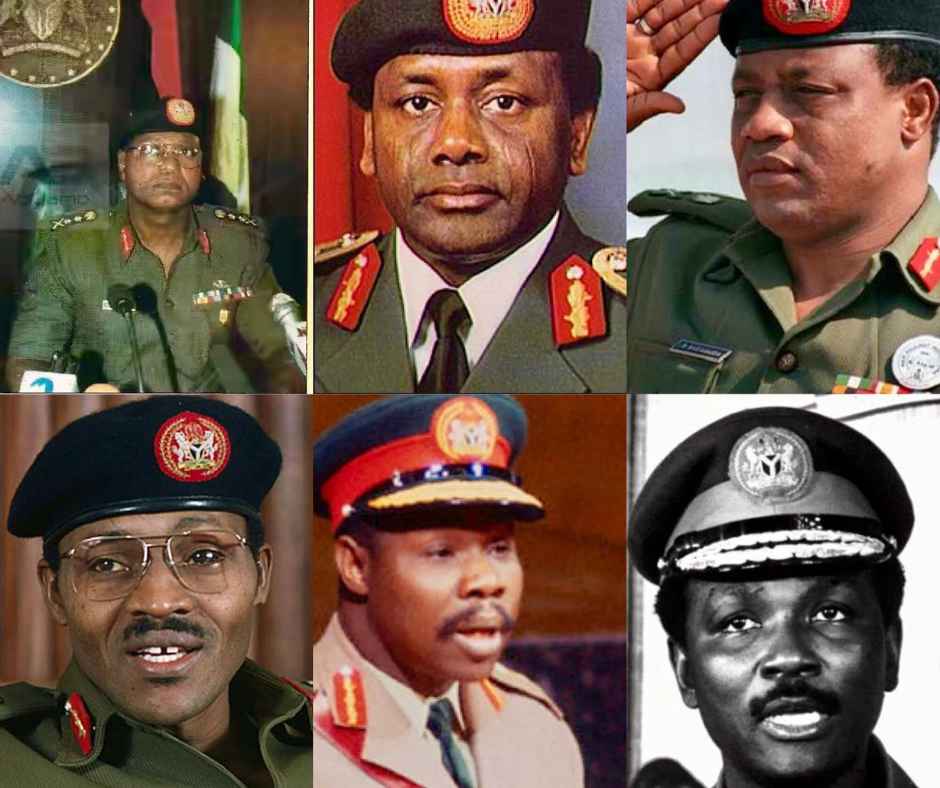Topic Content:
- Constitutional Duties of the Military
- Reasons for Military Intervention in Politics
- Characteristics of Military Rule
- Structure of Military Rule

Military rule is a form of unconstitutional administration of a state by members of the Armed Forces based on martial laws of successfully overthrowing the government of the state through a coup d’état.
Coup d’état: It is a forceful overthrow or takeover of government in a state by the members of the Armed Forces.
Also, Military government implies a short dictation government by members of the Armed Forces that must have come to power after forcefully overthrowing the civilian government. Military government comes to power through the use of force or coercion.
Constitutional Duties of the Military:
(a) The main or chief duty of the military is to defend the country from external attack.
(b) To maintain the territorial integrity and security in its borders from violation on land, sea or air.
(c) To suppress insurrection and act in aid of civil authorities to restore order when called upon to do so by the president, but subject to such conditions as may be prescribed by the National AssemblyThe National Assembly of the Federal Republic of Nigeria is a bicameral legislature established under section 4 of the Nigerian Constitution. It consists of a Senate with 109 members and a... More.
However, the Military at times deviates from the above-mentioned constitutional duties to get involved in politics and governance.
Reasons for Military Intervention in Politics:
1. Political leaders overstay during their tenure in office: This is one of the reasons for Military intervention.
You are viewing an excerpt of this Topic. Subscribe Now to get Full Access to ALL this Subject's Topics and Quizzes for this Term!
Click on the button "Subscribe Now" below for Full Access!
Subscribe Now
Note: If you have Already Subscribed and you are seeing this message, it means you are logged out. Please Log In using the Login Button Below to Carry on Studying!



Responses